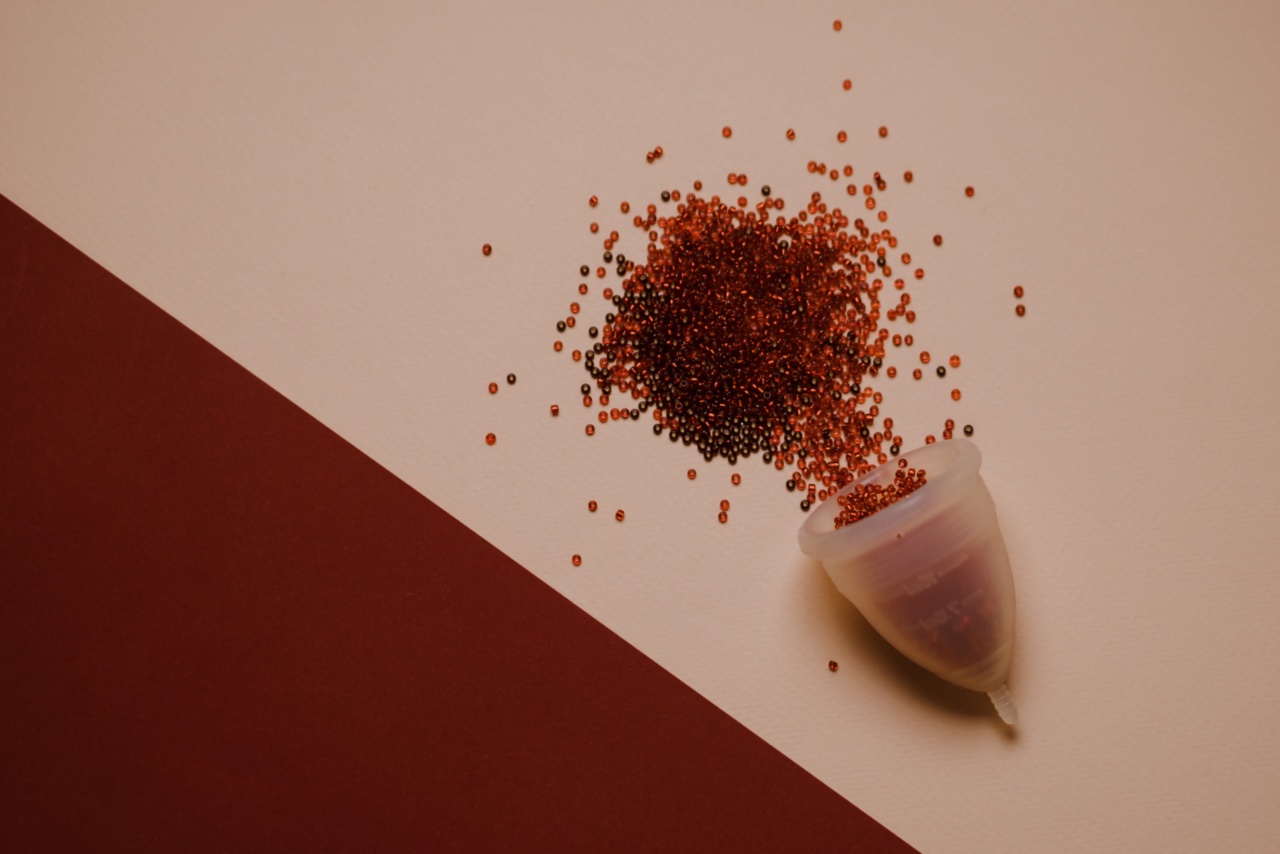Dealing with period symptoms can be challenging for many women. From painful cramps to mood swings, these symptoms can disrupt daily life and impact overall well-being.
Fortunately, there are several tips and strategies recommended by doctors that can help manage period symptoms effectively. In this article, we will explore ten expert-backed tips to alleviate period-related discomfort and improve overall quality of life.
1. Maintain a Balanced Diet
Eating a balanced diet is crucial for managing period symptoms. Incorporate foods rich in nutrients such as calcium, magnesium, vitamins B6 and E, and omega-3 fatty acids. These nutrients can help reduce cramps, bloating, and mood swings.
Avoiding processed foods and excessive salt intake can also alleviate menstrual discomfort.
2. Stay Hydrated
Drinking plenty of water is essential to stay hydrated during menstruation. Proper hydration can help prevent bloating, reduce fatigue, and flush out toxins from the body.
Aim to drink at least 8-10 glasses of water per day and avoid excessive caffeine and sugary drinks.
3. Exercise Regularly
Engaging in regular physical activity is beneficial for managing period symptoms. Exercise increases blood flow, releases endorphins (natural painkillers), and boosts mood.
Light aerobic exercises like walking, swimming, and cycling, as well as yoga and stretching, can help reduce cramps and improve overall well-being.
4. Practice Relaxation Techniques
Stress can exacerbate period symptoms, so incorporating relaxation techniques into your routine can be helpful. Deep breathing exercises, meditation, and practicing mindfulness can reduce anxiety, alleviate cramps, and promote a sense of calm.
Consider trying relaxation apps or attending yoga classes specifically designed for women experiencing menstruation.
5. Apply Heat
Applying heat to the lower abdomen can provide relief from menstrual cramps. Use a heating pad or take a warm bath to relax the muscles and decrease pain. Heat increases blood circulation and helps reduce discomfort associated with cramps.
6. Take Over-the-Counter Pain Relievers
If natural remedies aren’t sufficient, over-the-counter pain relievers can be effective in managing period pain. Nonsteroidal anti-inflammatory drugs (NSAIDs) such as ibuprofen can help reduce inflammation and provide relief from menstrual cramps.
However, it is essential to consult a healthcare professional before taking any medication.
7. Use Menstrual Products Suited to Your Needs
Choosing the right menstrual products can make a significant difference in managing period symptoms. Explore different options like tampons, pads, menstrual cups, or period panties to find what works best for you.
Consider factors such as comfort, absorbency, and eco-friendliness when selecting menstrual products.
8. Track and Prepare
Monitoring your period cycle can help anticipate symptoms and prepare accordingly. Use period tracking apps or calendars to keep a record of your menstruation.
This will allow you to predict when your next period will occur and help you prepare by keeping necessary supplies handy and planning activities around potential discomfort.
9. Get Sufficient Sleep
Ensuring you get enough restful sleep during your period can significantly impact symptom management. Hormonal changes during menstruation can disrupt sleep patterns, leading to fatigue and worsened symptoms.
Establish a regular sleep routine, create a calming sleeping environment, and practice good sleep hygiene to promote better sleep quality.
10. Seek Professional Help if Needed
If your period symptoms are severe, affecting your daily activities, or causing significant distress, do not hesitate to seek professional help.
Consult with your healthcare provider who can assess your symptoms, provide a proper diagnosis, and offer appropriate treatment options or further guidance.
Conclusion
Managing period symptoms can be challenging, but by adopting these expert-backed tips, you can experience relief and improve your overall well-being.
Remember to maintain a balanced diet, stay hydrated, exercise regularly, practice relaxation techniques, and explore various menstrual products to find what works best for you. Tracking your period cycle, prioritizing sleep, and seeking professional help when necessary are also essential steps towards effectively managing period symptoms.
By taking care of yourself and implementing these strategies, you can navigate your menstrual cycle with greater ease and improved quality of life.






























